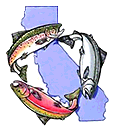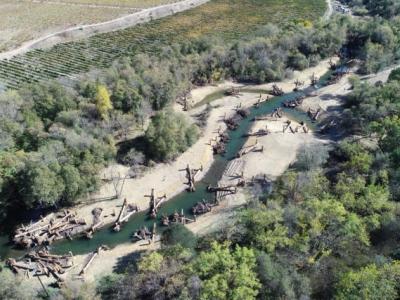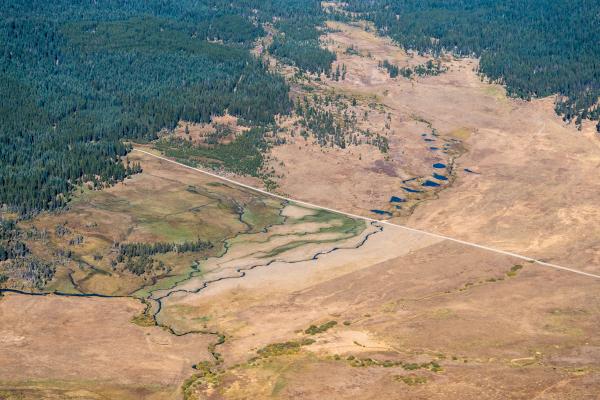Stage Zero Restoration, Design and Implementation
Session Coordinator:
Brian Cluer, NOAA Fisheries
Alluvial valleys historically supported well connected stream/floodplain systems that supported salmonids and other wildlife in robust and resilient ways. Land development and drainage schemes altered nearly every one of the former Stage 0 settings in the last century, collapsing habitat to minimums and making it unreliable. Restoring floodplain stream interaction in alluvial valleys has gained favor as an ecologically superior and perhaps necessary approach to salmonid recovery. This session is an opportunity for practitioners and scientists to present their floodplain research and restoration projects.
Stage 0 Restoration at Whychus Canyon Preserve, Central Oregon - Monitoring and Lessons Learned
Mathias Perle, Upper Deschutes Watershed Council
A Survey of Forest Service Stage Zero Restoration Projects, and an Introduction to the Geomorphic Grade Line Design Approach
Paul Burns, Fisheries Biologist, U.S. Forest Service, Siuslaw National Forest
Restoration Construction: Bridging Muddy Waters-Lessons Learned from the Pacific Northwest
Matt Koozer, Restoration Ecologist and Construction Services Manager, Biohabitats
Process Based Design Criteria for the Scoping and Design Of Stage 0 Restoration Projects
Jared McKee, U.S. Fish and Wildlife Service
Restoring to Stage 0: Recent Advances and Applications in Process-Based Habitat Restoration
Carrie Lukacic, Prunuske Chatham, Inc.
Attaining Stage 0 Ecologic Benefits with the Complementary Use of Contour Grading, Simple Roughness Elements, Wood Jams, Beaver Dam Analogues and Time
Rocco Fiori, Fiori GeoSciences


